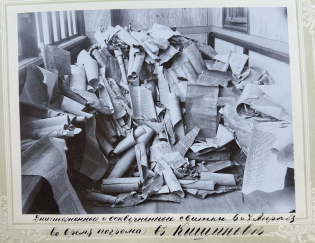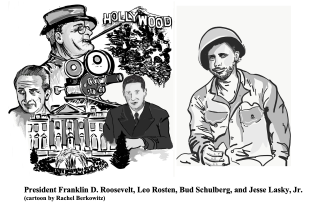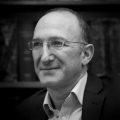The Birkbeck Institute for the Study of Antisemitism holds seminars, workshops and conferences for scholars, and lectures, discussions and film screenings that are open to everyone.

Pavel Brunssen traces how both Jewish and non-Jewish actors perform Jewishness, antisemitism, and philosemitism within European football cultures over the twentieth and twenty first centuries.

David Feldman explores how memorialization of the Holocaust has changed over time, why it has done so, and the role of Holocaust memorialization today.

Tova Benjamin considers the place of ‘ethnicity’ in new forms of late nineteenth century popular violence and whether we can develop a shared understanding of Roma and Jewish histories of marginalization in the East European borderlands.

Michael Berkowitz reveals the elusive story of Jewish Hollywood’s role in World War II.

In an age of populism and nationalism it is more important than ever to understand the connections between antisemitism and other forms of racialization.
Professor David Feldman, Director